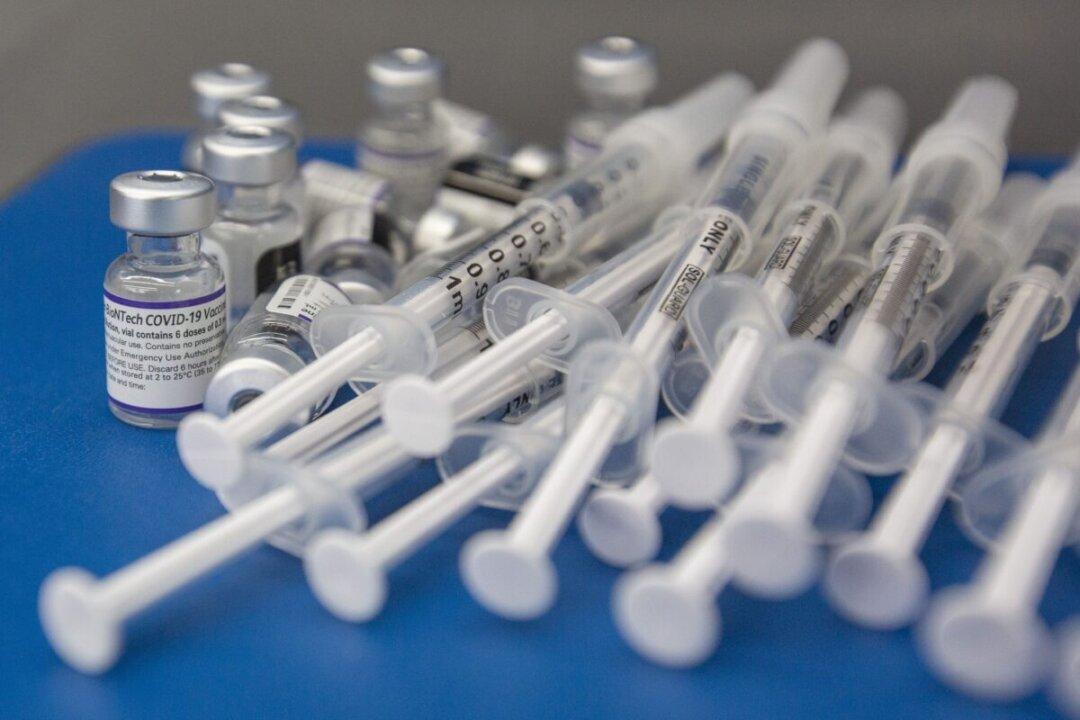A pediatric cardiologist says that it’s clear from all of the available evidence that the spike proteins the COVID-19 vaccines tell the body to make are toxic to the heart, and that myocarditis in young people isn’t as rare as the Centers for Disease Control and Prevention (CDC) and Food and Drug Administration (FDA) have led Americans to believe.
In a lecture on Aug. 26, Dr. Kirk Milhoan, a board-certified pediatric cardiologist, said the harm to the heart caused by the spike proteins is an “inconvenient truth.”




